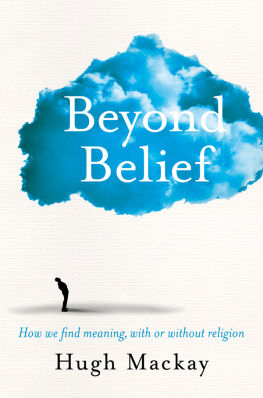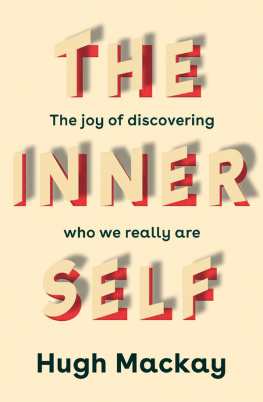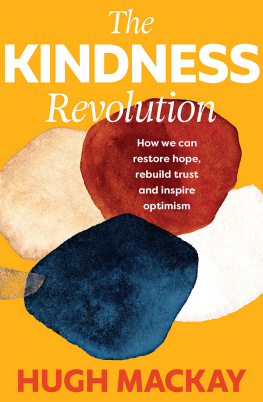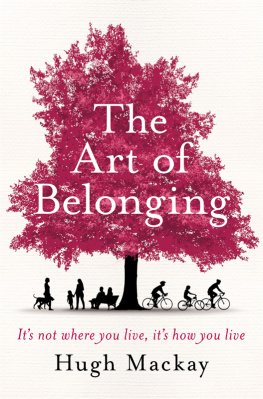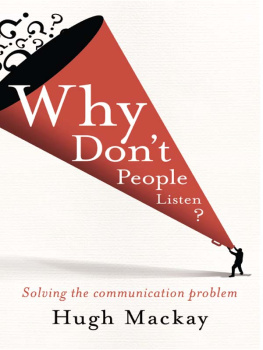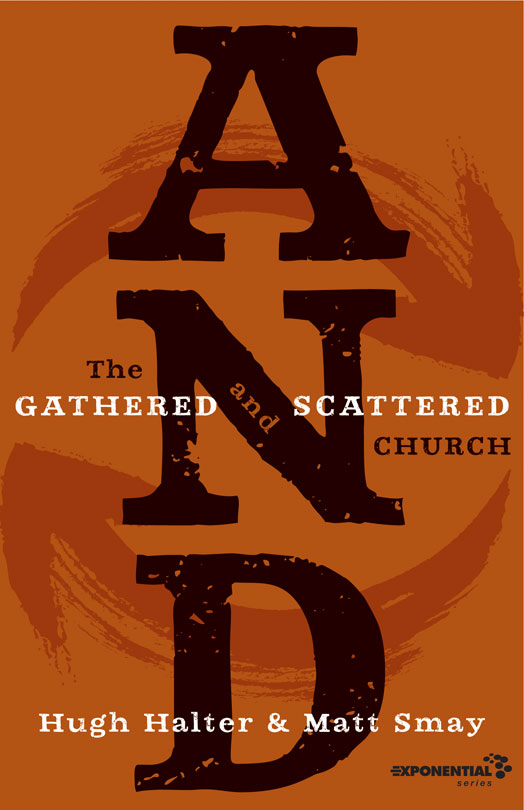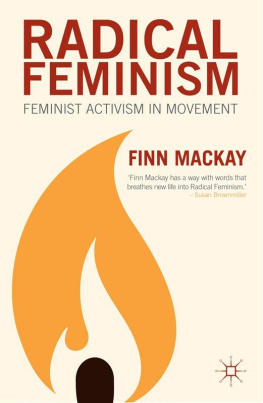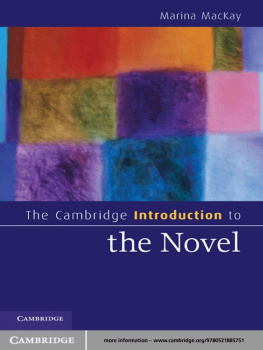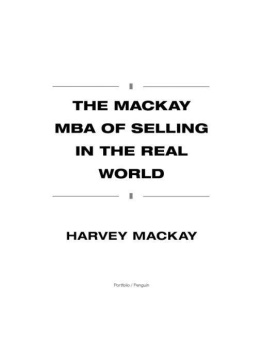About Beyond Belief
What do people actually mean when they say God?
Around two-thirds of us say we believe in God or some higher power, but fewer than one in ten Australians attend church weekly. In Beyond Belief, Hugh Mackay presents this discrepancy as one of the great unexamined topics of our time. He argues that while our attachment to a traditional idea of God may be waning, our desire for a life of meaning remains as strong as ever.
Mackay interviews dozens of Australians representing many different points on the spectrum of faith, including some who are part of the emerging spiritual but not religious movement. He exposes the deep vein of ambivalence about religion that runs through our society: we may not actively worship, but we still like to see local churches operating in our midst, and we use our church to marry, christen our babies, educate our children and commemorate our dead. He points out some uncomfortable truths, such as our tendency to call on God only in a crisis, and unpacks our human need for answers, even when science cant find them. He endorses the Christian ideal of the good life a life lived for others but acknowledges that there are many pathways to that same goal, not all of them religious.
Written with all the insight and compassion we have come to expect of our leading chronicler of Australian life, Beyond Belief is an engrossing exploration of the ways we find spiritual fulfilment in an avowedly secular age.

Contents
Human life means nothing. But that is not to say that it isnot worth living. What does a Debussy Arabesque mean, or a rainbow or a rose? A man delights in all of these, knowing himself to be no more a wisp of music and a haze of dreams dissolving against the sun.
Peter De Vries, The Blood of the Lamb (1961)
To Sheila
What this book is about
What do people actually mean when they say God?
Considering how much harm it causes, why does religion continue to prosper in the world?
Were Bible stories ever intended to be taken literally?
Can we be both rational and spiritual and what might spiritual mean, anyway?
If, like most Westerners, you think of yourself as basically Christian in your attitudes, values, ideals and way of life, but you cant bring yourself to embrace all the beliefs and doctrines of the institutional church, you may well recognise yourself in the following pages. Beyond Belief is a book about peoples quest for meaning in a society that has lost its appetite for conventional religion. It is written from a broadly Christian perspective because our culture has been heavily influenced by Christianity, through churches serving as places of worship and community hubs, through the influence of church schools, and through the cultural ubiquity of Bible stories and biblical references.
But this is not a book for committed Christians. Nor is it likely to appeal to committed atheists certainly not to anti-theists or anyone else whose mind is closed to new ways of thinking about God. It is a book for doubters, sceptics, heretics, agnostics and religious fringe-dwellers, including some who may attend church but feel uncomfortable doing so, as if they dont quite fit, cant quite bring themselves to believe what everyone else seems to believe, or sometimes feel as if they are expected to leave their brains at the church door.
If any of that sounds like you, and youre still open to the idea of faith in something greater than ourselves, then Beyond Belief may offer you some clarification, some comfort and some encouragement.
Throughout the book, youll encounter verbatim quotations from a series of personal interviews I have conducted with people representing many different points on the spectrum of faith. They are acknowledged at the end of the book, though all their names have been changed in the text, and their stories have been edited, where necessary, to preserve their anonymity. I have also created several vignettes, loosely based on real people and real events, drawn from the personal stories I have been privileged to listen to during my career as a social researcher.
Why did I write the book? Over the past twenty-five years, our yearning for something to believe in has become increasingly obvious, as people look for ways to fill the gap left by the mass retreat from traditional religious faith and practice. Beyond Belief explores some of the ways we might satisfy that yearning.
INTRODUCTION
Religion goes marching on
Globally, religion is on the rise.
You might not think so if you lived in Scandinavia, some parts of Western Europe, or countries like Canada, Australia and New Zealand that have drawn much of their cultural heritage from Europe; in those places, although most people continue to identify with Christianity, church attendance has been steadily waning for fifty years and some commentators now refer to this as the Wests post-Christian era.
Not elsewhere, though. According to John Micklethwait and Adrian Wooldridge in God is Back (2009), the proportion of people attached to the worlds four biggest religions Christianity, Islam, Buddhism and Hinduism rose from 67 percent in 1900 to 73 percent in 2003 and may reach 80 percent by 2050.
Although accurate global figures on religious practice (let alone religious belief) are notoriously difficult to come by, it does appear that in the very countries where the most vigorous attempts have been made to stamp out religion Russia under Stalin, India under Nehru and China under Mao Zedong there has been a massive subsequent upswing in religious interest and observance. Micklethwait and Wooldridge report that Russias president, Vladimir Putin, maintains a private chapel and sometimes wears a baptismal cross, the Russian security organisation (successor to the KGB) has its own Orthodox church just across the road from its Moscow headquarters, and former president Mikhail Gorbachev has prayed at the tomb of St Francis of Assisi, claiming that, for him, St Francis is the other Christ.
In China, the post-Mao rise of religion has been extraordinary. Though Mao is still revered as a national hero and the majority of the population remains unresponsive to the appeal of religion, the widely respected Pew Research Centers 2006 Global Attitudes Project reported that 31 percent of Chinese people regard religion as either somewhat or very important in their lives. Religious affiliation in China is mostly with Buddhism, Taoism or Confucianism; there are over 100 million Buddhists, for instance. But Christianity has been present in China since the seventh century and there are now many more Christians than members of the Communist Party: official Chinese government statistics put the number of Christians at 21 million in 2007 up from 14 million in 1997. Writing in the Financial Times in November 2014, Jamil Anderlini estimates the current figure as closer to 100 million, many of them worshipping under the radar in informal house churches. Islam is also on the rise in China; again quoting Pew Research data, Micklethwait and Wooldridge predict that, by 2050, China could well be the worlds biggest Muslim nation as well as its biggest Christian one. They also note that the Virgin Mary has growing appeal in China, with many fishermen now dedicating their boats to her and an annual celebration of her 1900 appearance in the village of Donglu attracting thousands of Roman Catholics.

